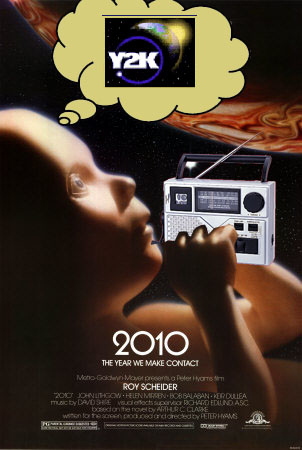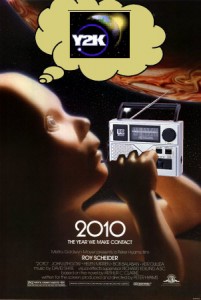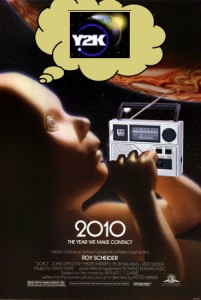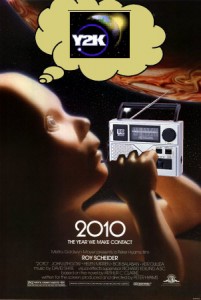
The decade’s most important radio trends: #4 Podcasting
August 13 of this year marked the fifth anniversary of podcasting. On that date in 2004 former MTV VJ Adam Curry began his Daily Source Code podcast, ushering the term into the popular consciousness. Like so many innovative ideas, podcasting is quite simple. It’s not like there weren’t online radio programs prior to 2004. The […]
NPR calls for Congress to create "common public media waiver"
As we’ve reported, National Public Radio has been filing comments with the Federal Communications Commission a lot these days, talking up its localism initiative, Android app, and new mobile site. NPR’s latest commentary to the FCC on its National Broadband Plan reiterates all these points. But here’s the paragraph in the filing that got our […]

The decade’s most important radio trends: #5 The Age of Pandora
It’s difficult for me to write about the Internet radio phenomenon without disclosing my personal investment in the subject. I listen to the Pandora radio service most every day that I work at my computer. Pandora has saved classical music radio for me, and, I’ll bet, for tens of thousands of others. I love classic […]

The decade's most important radio trends #6: HD Radio launches, but who listens? Who cares?
June 12, 2009 is a day that will live on in broadcast history. That’s the day that the nation’s television broadcasters switched off their analog signals and went all-digital forever more. But does anyone remember January 7, 2003? That was the date of the very first digital HD Radio broadcast, originating at Detroit FM station […]

The decade's most important radio trends: #7 Internet Radio's Day of Silence
One of the more frustrating peculiarities of our system of broadcasting here in the United States is that over-the-air radio stations don’t have to pay performance royalties to artists, while Internet and satellite stations do. If this wasn’t enough, in March of 2007 the Copyright Royalty Board announced what most streamers experienced as pretty steep […]

The decade's most important radio trends: #8 The Great Fairness Doctrine Panic
It was the summer of 2007. Not moments after the Republican far right triumphed over President Bush’s hated immigration reform law than Representative Mike Pence, Republican of Indiana, introduced a rider to a budgetary bill in the House that would forbid funding for the Federal Communications Commission to enforce the Fairness Doctrine. The bill overwhelmingly […]

The decade’s most important radio trends #9: The FCC Authorizes Low-Power FM
Today there are close to 1000 more noncommercial, locally-programmed community radio stations on the air in the US than a decade ago. The reason for this is the low-power FM radio service created by the Federal Communications Commission in 2000. While Congressional intervention cut the new service off at the knees at the end of […]

The decade’s most important radio trends #10: Clear Channel Goes Private Equity
At the start of the decade the nation’s largest owner of radio stations, Clear Channel Communications, was flying high with a stock price over $90 a share in January, 2000. While public interest advocates and media reformers continued to batter the company with criticism over its tactics, Wall Street was still in love with the […]

The decade’s most important radio trends #11: Cash-strapped schools turn their backs on college radio
As the decade draws to a close, economic woes are a resounding theme in the radio world, especially in the non-profit realm of college radio. Universities are as strapped for cash as anyone else and are on the lookout for ways to cut costs. Increasingly these budget-cutting eyes are fixated on college radio, which has […]

The decade’s most important radio trends: #12 National Public Radio keeps growing
Everybody knows the fate of over-the-air radio over the last ten years. “On Demand Killed the Radio Star,” as Boston Globe Media put it in 2005, going so far as to ask whether terrestrial radio is on the way out. Consolidation led to poor broadcasting choices like over-advertising and de-localization, the story goes. MP3 players […]
